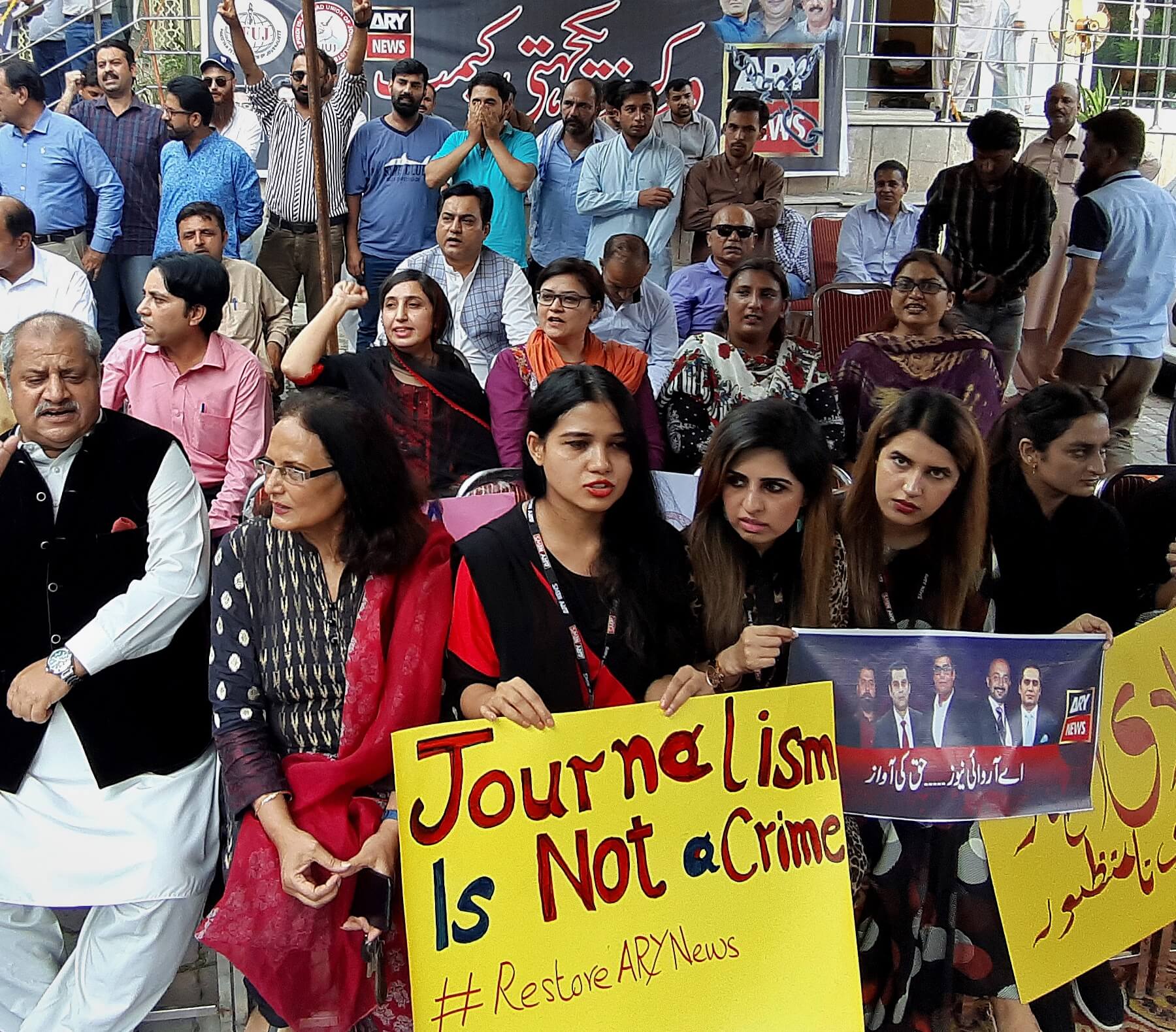On Thursday, a court in Lahore struck down a Pakistani law on sedition, saying it is “inconsistent” with the Constitution’s freedom of speech principles.
Lahore Court’s Decision
The colonial-era law is a widely framed provision that gives the government overarching powers to act against anyone who engenders “hatred or contempt, or excites or attempts to excite disaffection towards, the Federal or Provincial Government.” It can attract a life imprisonment sentence.
Justice Shahid Karim of the Lahore High Court made the decision after hearing several similar petitions accusing the government of using the law to stifle dissent. Karim has previously been lauded for his courageous decision to convict former military general Pervez Musharraf in 2019 for treason.
The written judgement is not yet accessible to the public.
1/2 Pak HighCourt strikes down the same colonial-era sedition law that the BJP govt in India is so reluctant to amend: https://t.co/YvIw744W6h
— Shashi Tharoor (@ShashiTharoor) March 31, 2023
The decision will be valid until a supreme court judgement reverses it.
Law Used Against Opposition
Successive governments used the law to target opposition leaders. For instance, former PM Imran Khan is currently facing 100 charges, including for sedition, concerning speeches and rallies held by his PTI party demanding the government to hold elections.
Similarly, during Khan’s tenure, former PM Nawaz Sharif was also charged under the 150-year-old law.
Great news from Lahore High Court. Justice Shahid Kareem strikes down Section 124-A(Sedition Law) of Pakistan Penal Code, 1860, as being unconstitutional i.e. violative of Article 19 dealing with free speech. This was certainly need of the day. Well done @SalmanKNiazi1 for filing…
— Muhammad Ahmad Pansota (@Pansota1) March 30, 2023
Further, political leaders have used this colonial legislation to punish those questioning the government’s institutions. For instance, now-deceased prominent journalist Arshad Sharif had been living in exile since 2022. He was subject to multiple criminal cases, including for sedition, over his news show, which was highly critical of the army. Sharif was also a supporter of former PM Imran Khan.
Just a month before his murder, the journalist had written to the Supreme Court lamenting Pakistan’s dismal state of media freedoms. He alleged that journalists were being charged with sedition and anti-terror charges to curb dissent.
Journalists, Activists Celebrate Judgement
Speaking to Al Jazeera, a lawyer for one of the petitioners said the law is “obsolete and unconstitutional, and deserved to be struck down.” He highlighted that it violated the constitutional protection given to free speech.
Usama Khiliji, an activist, said that the Lahore court’s judgement will allow journalists, activists, and human rights defenders to express their dissent “without fear of repercussions.”
Celebrating the judgement, senior journalist Hamid Mir demanded an apology from past leaders who used the law to stifle dissent. He highlighted that former PM Khan had opposed a bill to scrap the draconian law during his tenure.
However, human rights lawyer Imaan Zainab Mazari-Hazir said the judgement was insufficient. She urged the parliament to scrap or amend the law and other related penal code provisions. She also demanded that the Army Act be amended, particularly to prevent the armed forces from carrying out martial trials against civilians.

